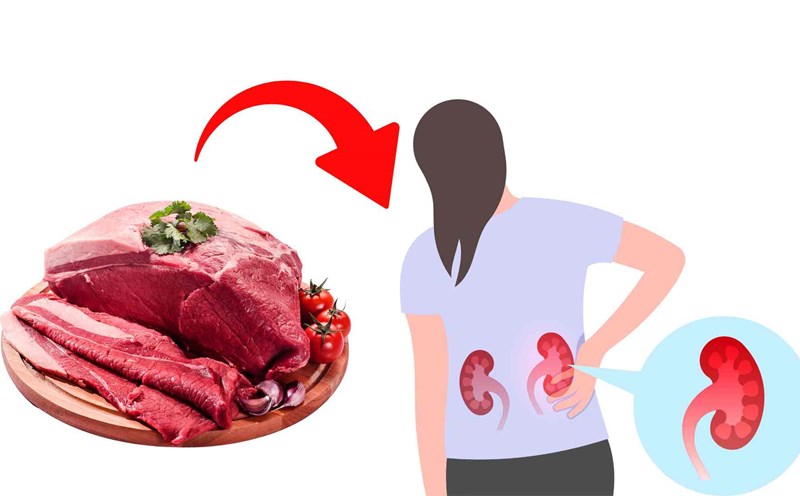malnutrition
Meat is a source of high-quality protein, along with many important nutrients such as vitamin B12, iron, zinc... Prolonged meat abstinence can cause the elderly to lack protein and these micronutrients, leading to malnutrition, anemia, immunodeficiency and slow recovery of the body.
Osteoporosis
Meat also provides calcium and vitamin D - two important factors in maintaining bone density. Deficiency of these substances due to not eating meat for a long time can increase the risk of osteoporosis and fractures in the elderly.
Cardiovascular disease
Although often considered harmful, saturated fatty acids from meat are still necessary at a reasonable dosage. Completely eliminating meat from your diet can cause essential fat imbalances and affect cholesterol levels, increasing the risk of atherosclerosis and cardiovascular disease.
Depression and anxiety
Meat contains essential amino acids and vitamins that help synthesize neurotransmitters. If these nutrients are deficient for a long time, the elderly are susceptible to psychological problems such as anxiety and depression due to the impact of neurological activity.











